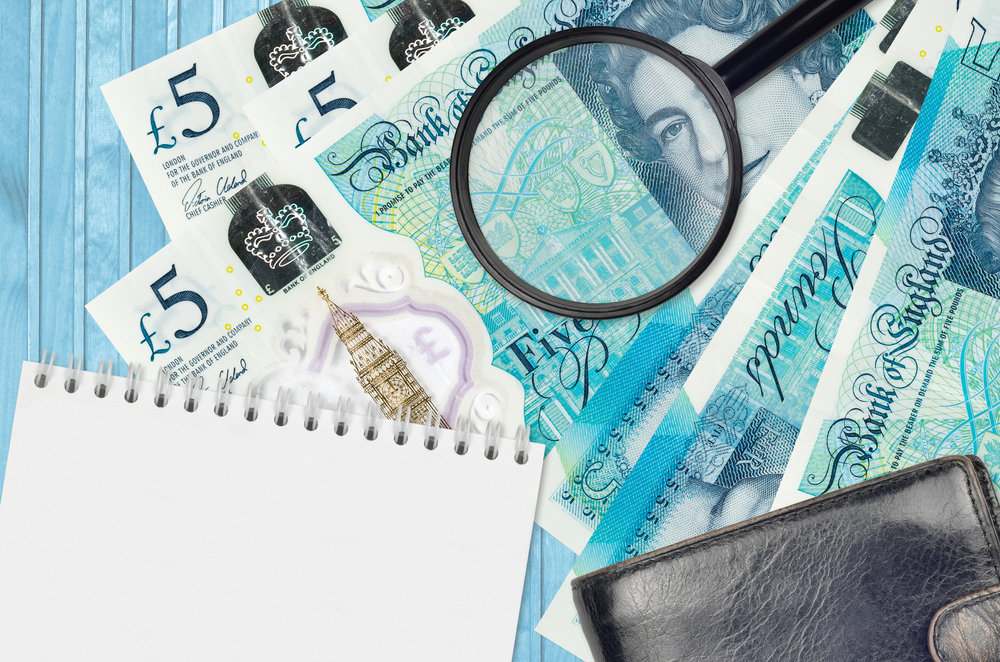Buy To Let
How will the base rate rise affect you?

The Bank of England increased the base rate from 0.1% to 0.25% yesterday after the Monetary Policy Committee (MPC) voted in favour of the first rise in more than three years.
The last increase was back on 2 August 2018, and yesterday’s rise was only the fourth hike since 5 July 2007.
The uplift in the bank rate may seem small in isolation, but on top of already soaring fuel, energy and food costs, it could be a further drain on many overstretched household budgets.
Andrew Hagger, founder of MoneyComms, said: “The bad news is that this is likely to be the first in a series of rate hikes in 2022 and coupled with higher council tax bills and a significant rise in the energy price cap in the spring, will simply add to the widespread financial misery.”
How will the rate rise affect your savings?
In theory, the rate rise is good news for savers, with some providers already upping their rates. Paragon Bank has increased the interest rates on its fixed rate bonds and fixed rate ISAs. Ford Money has also upped the rates on its fixed savings accounts – but it hasn’t passed on the full 0.15% rise on any accounts.
With inflation soaring to 5.1%, it’s impossible to find a savings account that beats inflation.
Martin Lewis, founder of MoneySavingExpert.com, said: “For savers, we may see some easy access rates rise at the big high street banks, but they’ll still be crap – often less than 0.1%. There is a chance fixed rates may rise a smidge more on the back of the announcement, so there’s no rush to do it (just don’t forget), but if it does happen it’s not likely to be a substantial rise in the short term.
“Instead, for most people the impact of the rate rise is trivial compared to just switching to the best easy-access accounts on the market at over 0.7%. In fact, a far cuter move right now for most savers, if you won’t need the money for the next year or so, is to consider putting some money in a top fixed savings – where you’ll get nearly double the rate of even the top easy access accounts.”
How will the rate rise affect your mortgage?
Unfortunately, it’s likely that mortgage holders stand to lose more than savers gain. Someone with a £100,000 variable mortgage will see their monthly payment rise by about £8.
Borrowers on standard variable rates (SVR) could see bigger payment increases as lenders have the freedom to increase rates by more than the 0.15% rise.
Katie Brain, banking expert at Defaqto, said: “However, most people are on a fixed rate mortgage so this rate rise won’t affect their monthly payments until their deal ends.
“This does signal that interest rates are on the rise, so it is always a good idea to review your mortgage via a mortgage adviser, to ensure you are on the best deal available at the time.”